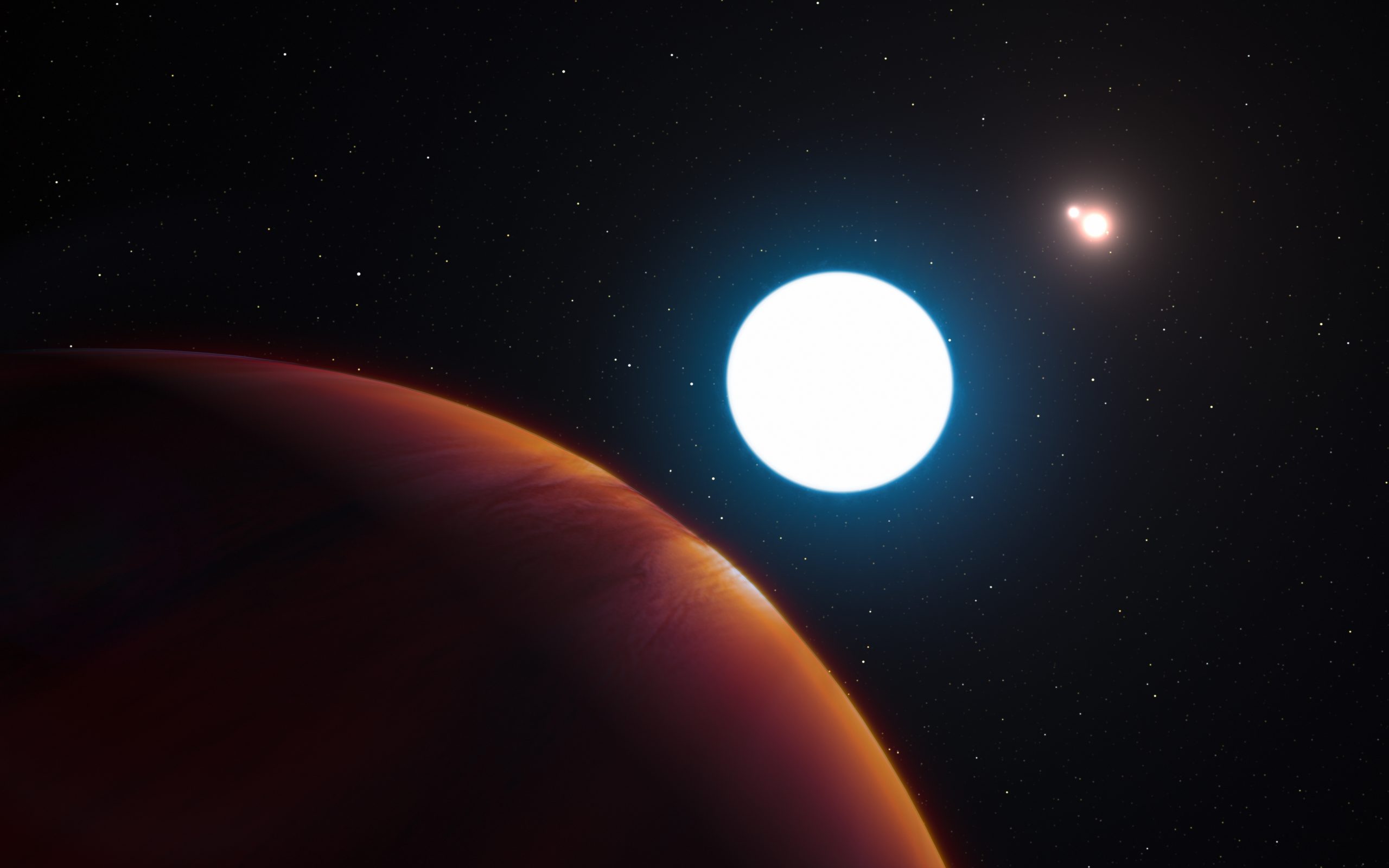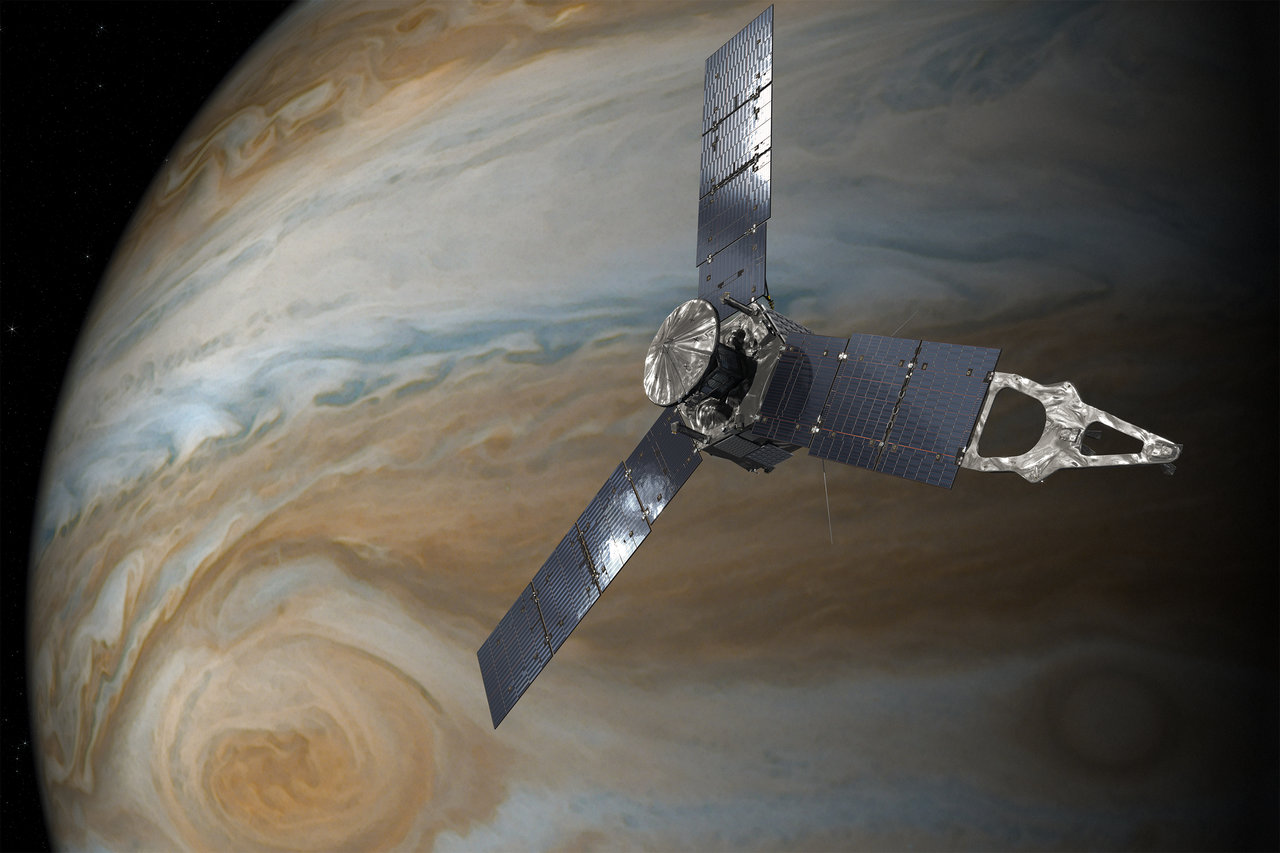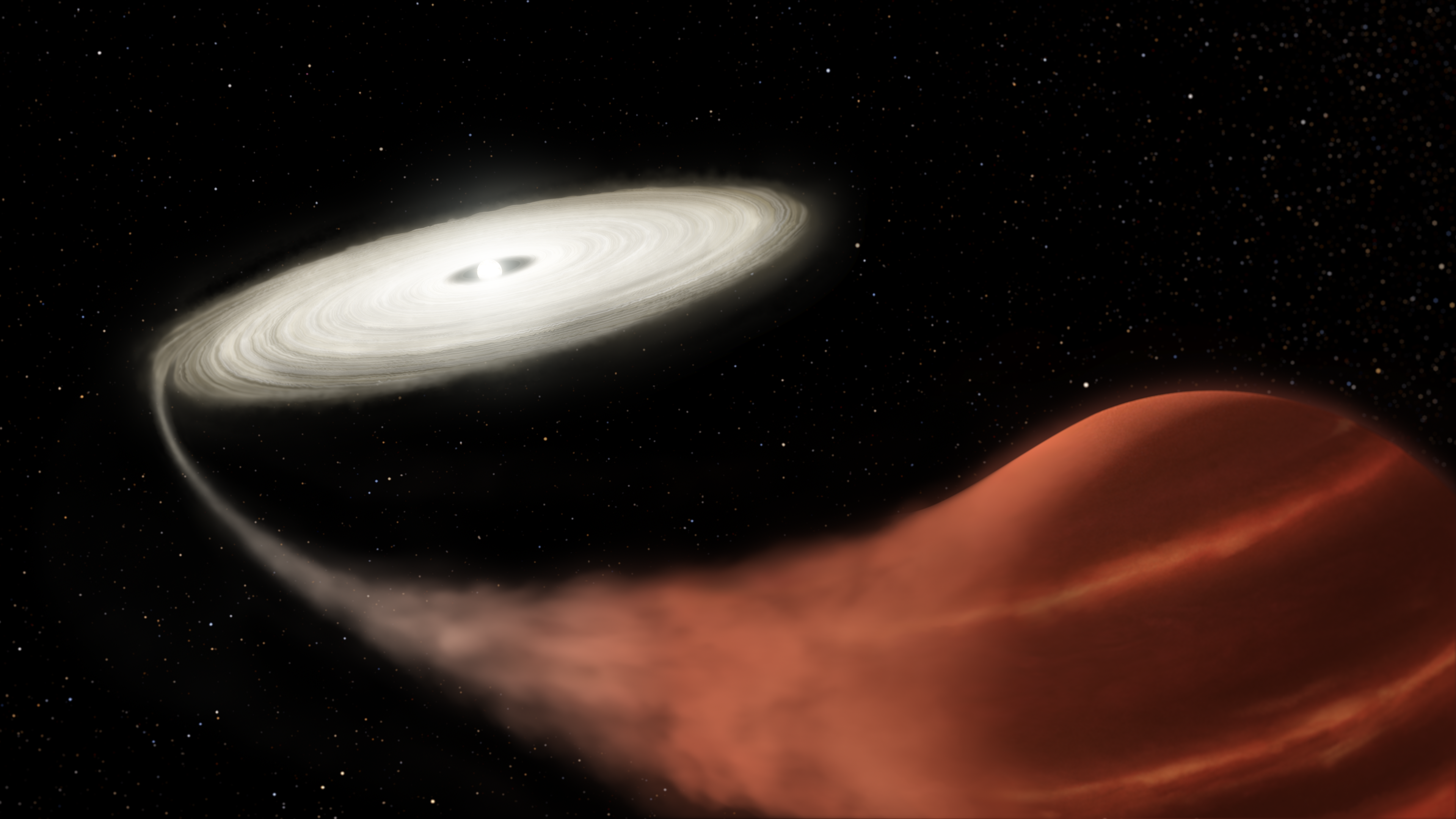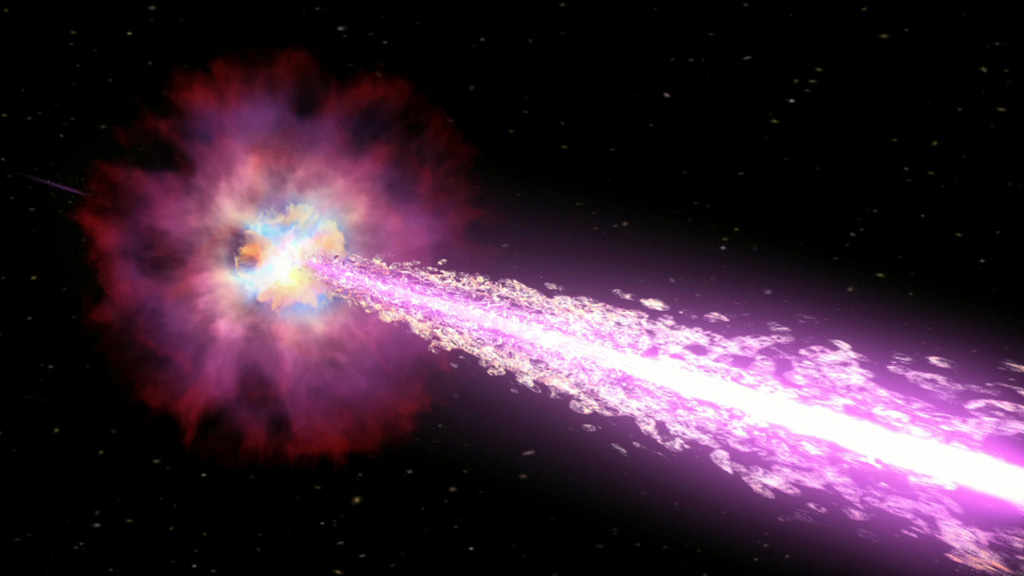This is going to be another one of those evergreen topics, where we come back to again and again. Finding planets. Every time we talk about this now, it seems like we’ve gained thousands of new planets. Well buckle up, new techniques will grow that by tens of thousands and even millions.











